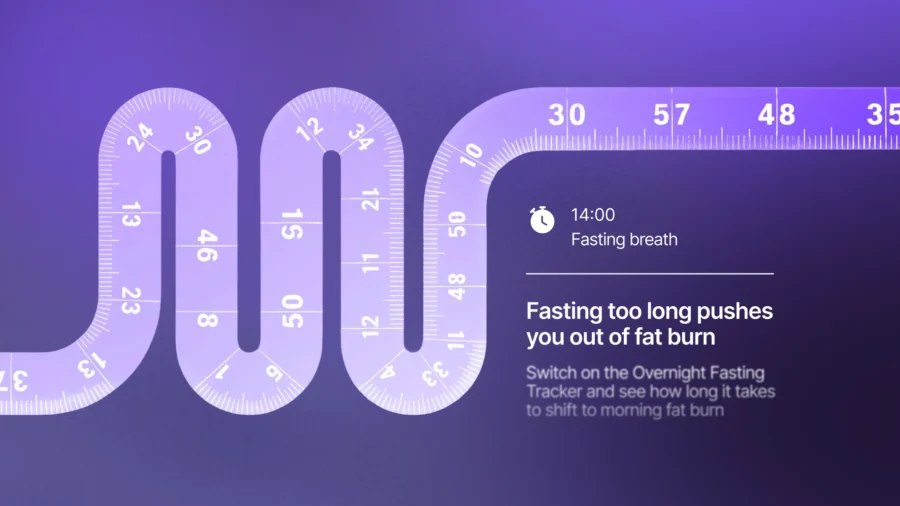Can your metabolism impact your immunity?

The immune system consists of a complex network of organs, cells, and molecules that protect the body against infections from pathogens: viruses, parasites, fungi, and bacteria.
Metabolism and the immune system are deeply connected. Two of the most fundamental functions of cells is obtaining nutrients and energy sufficient to sustain life, and defending against the attack of potentially harmful (micro)organisms.
In this sense, it is not surprising that the immune system is closely connected to metabolic function, as immune response – the generation of white blood cells and preparing them for battle requires energy.
In order to do the tough job of protecting your body, the immune system requires your help to stay active and effective, and the help of your metabolism as well. According to researchers, there is no such thing as a “magic pill” or supplement (in healthy and well-nourished individuals) that will have a significant impact on improving your immune system. In contrast, there is plenty of evidence to support the claim that lifestyle interventions are the best choice for maintaining your immune system’s ability to fight back, and even to build up immune strength. Being able to use the fuel stores you have efficiently and turn them into energy to support your immune system is a critical function of metabolism.
Here are 3 elements that are at the core of Lumen’s philosophy to improve metabolic flexibility, that are also closely linked to a healthy immune system:
Micronutrients keep your guard up
It is not all about calories, carbs, fats, and protein. An adequate intake of vitamins and minerals also known as “micronutrients,” are essential for allowing your immune system to work efficiently. Vitamins A, B6, B12, C, D, E, and Folic Acid as well as certain minerals such as Iron, Zinc, Copper, and Selenium work in synergy to support the protective activity of your immune cells. With the exception of Vitamin B12, the daily requirement of these micronutrients can be achieved by eating a combination of legumes and a variety of vegetables of different colors, or in other words, “eating the rainbow.”
Why focus on your food’s color? It is a simple method for making sure you are getting all the vitamins and minerals your body needs. In addition, the colors of the fruits and the vegetables are also linked to the natural compounds they contain like phytochemicals. These compounds will generate a synergic effect in protecting your immune system. Start today by simply taking a look at the colors that are inside your fridge, if you only have yellow, red or white, you will probably need to include more colors in order to well nourish your immune system.
Sleeping is crucial
Every warrior needs to rest in order to stay strong and alert, and so does your immune system. Sleep and immune system are both connected and influenced by each other. According to studies, sleep deprivation is directly related to a higher susceptibility to infections.
Poor sleep weakens your immune system as it decreases the production of cytokines, which are molecules that make up the immune response.
Furthermore, there is a strong connection between the immune system and the circadian rhythm or in other words, the “biological clocks.” These clocks are adjusted according to our behavior such as sunlight exposure, timing of the meals and also, sleeping habits.
Biological clocks regulate patterns of physiological cycles that happen everyday in all the cells of our body, regulating not only the metabolism, but also the immune response. Recent findings suggest that disruptions of these clocks due to poor sleep can significantly affect the immune cells defense systems by multiple mechanisms.
In order to avoid this, make sure you are creating a regular sleep cycle with at least 7 hours of good sleep in order to keep your biological clocks adjusted and your immune system strong.
Stress harms your immune system
The mind and body are deeply connected. Stress has many faces. First of all, there is a difference between acute (short term) and chronic stress (long term). In both cases, the physiologic response results in the release of neurotransmitters and hormones (adrenaline, cortisol) that prepare the whole body for a “fight-or-flight” response causing increased heart rate, blood pressure, and blood sugar levels. Although the “stress reaction” is considered a natural survival mechanism, chronic exposure to this effect weakens your immune system.
The reason behind it is that the cortisol, also known as the “stress hormone” impacts the functioning of one key player in your defenses: the T-cells (lymphocytes). These cells are programmed to recognize, signal and even attack infected cells. When these cells are exposed to high levels of cortisol for a prolonged time, the immune response is affected.
So, the more the better?
Maybe you are asking yourself, If I take vitamins and minerals supplements, sleep more hours and achieve a zen state of mind I will “boost” my immune system? Not necessarily. We are inclined to think that getting “more” is better, but physiology does not work like that; it is not linear.Usually, there is a curve that expresses the maximum benefit we can get from the strategy we are trying to focus on (nutrition, sleeping, amount of steps per day, etc). For this reason, balance is always critical when it comes to fitness, nutrition, and health.
A strong inside guarantees a strong outside. The secret behind a strong immune system relies on providing your body with what it needs in order to function at an optimal level. One aspect of this is ensuring your metabolism is efficient and “flexible.” The more flexible your metabolism is, the better able you are to turn fuel into energy, and to give your immune system the new cells it need to generate in order to fight pathogens and attacks.
Learn more about how to boost your metabolism and increase your metabolic flexibility according to Lumen experts.







 Digital download
Digital download 


